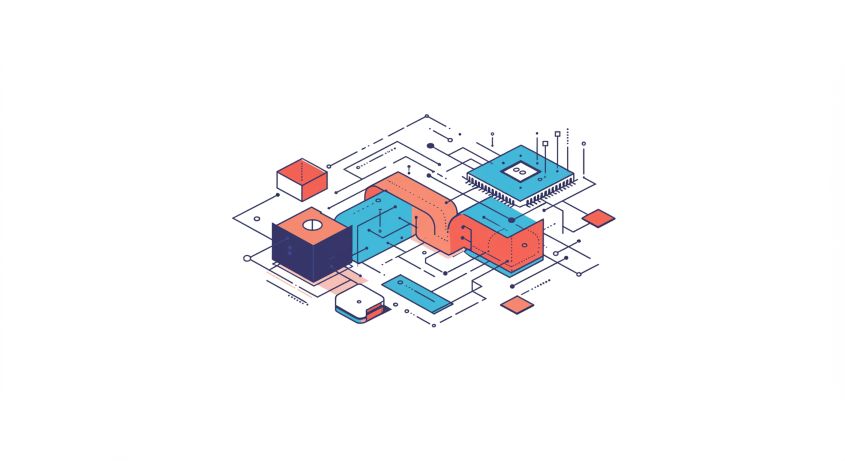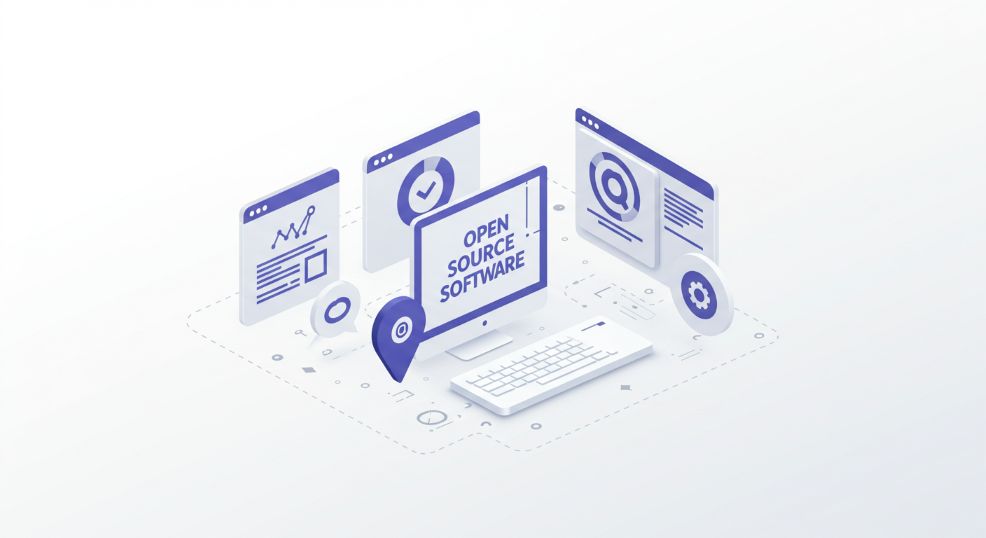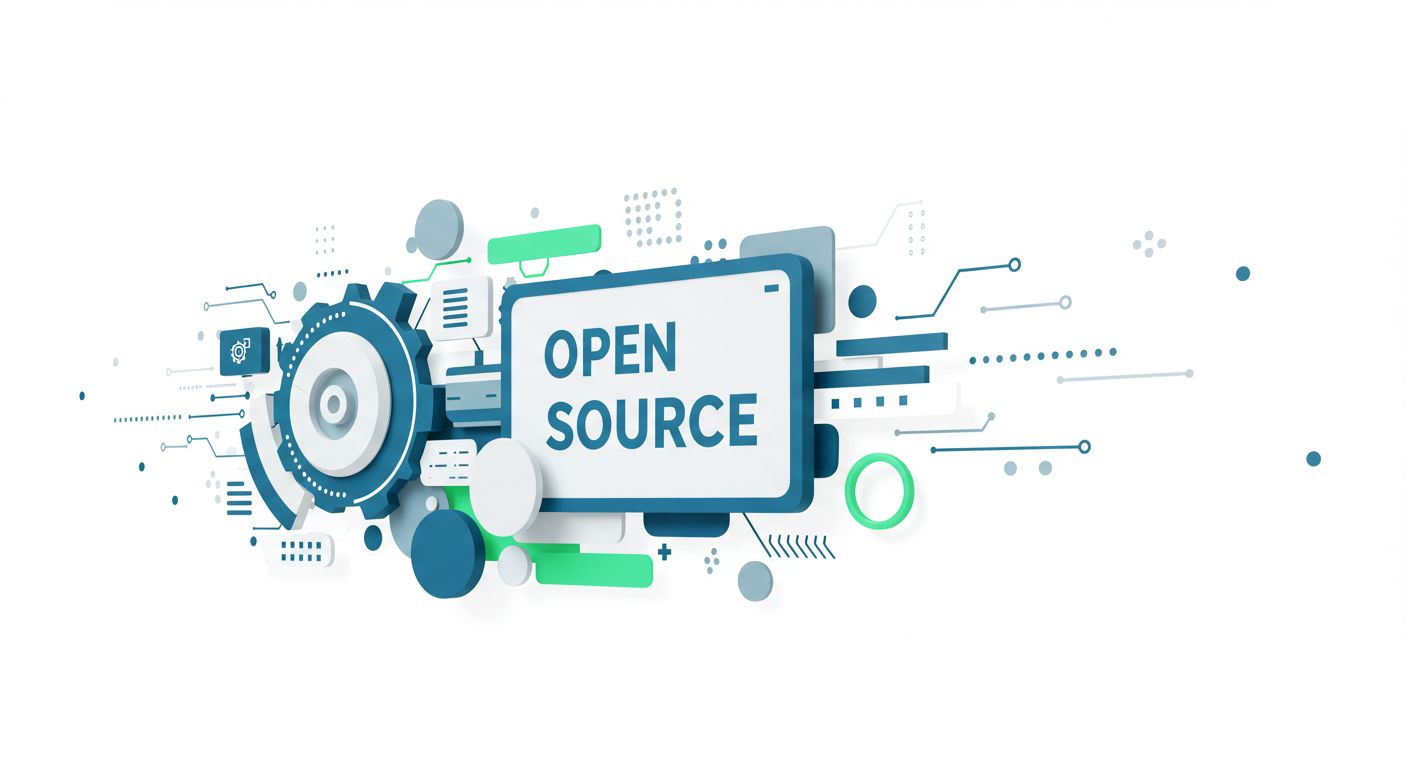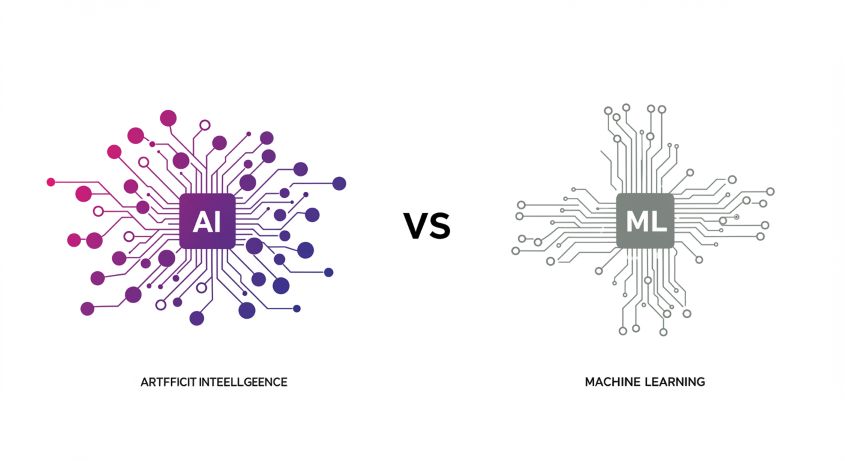Location
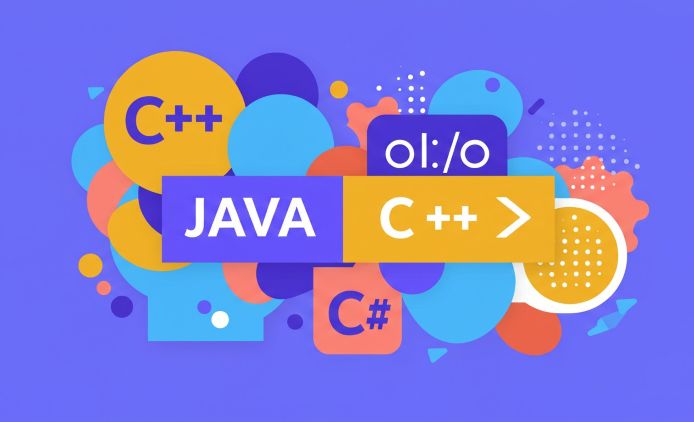
Introduction
Why Learn Programming?
In today’s digital age, programming skills are in high demand. Learning to code can unlock new career opportunities, improve problem-solving skills, and enhance creativity.
1. Python
Python is perfect Programming Languages for Beginners due to its simplicity and readability. Python is a versatile and beginner-friendly programming language known for its simplicity and readability. It has gained immense popularity in the tech world for its wide range of applications, from web development to artificial intelligence.:
Key Features of Python
Simple Syntax
Python’s syntax is intuitive and easy to learn, making it an ideal choice for beginners and professionals alike.
Interpreted Language
Python runs code line by line, allowing for quicker debugging and experimentation.
Cross-Platform Compatibility
Python works seamlessly across different operating systems, including Windows, macOS, and Linux.
Rich Standard Library
Python’s standard library includes modules for various tasks like file handling, data manipulation, and web services, reducing the need for external tools.
Support for Multiple Programming Paradigms
Python supports object-oriented, procedural, and functional programming, offering flexibility to developers.
Extensive Community Support
With a large and active community, Python developers have access to countless resources, tutorials, and forums for troubleshooting.
Usability of Python
Web Development
Frameworks like Django and Flask simplify web application development.
Data Science and Machine Learning
Python is a staple in data-driven fields, with libraries like Pandas, NumPy, and TensorFlow enabling advanced analytics and AI models.
Automation and Scripting
Python can automate repetitive tasks, saving time and increasing efficiency.
Game Development
Libraries like Pygame make Python suitable for creating simple games.
Scientific Computing
Python is widely used in scientific research for simulations, data analysis, and visualization.
Embedded Systems
It is used to program small-scale devices and sensors due to its lightweight nature.
Benefits of Python
Ease of Learning and Use
Its simplicity lowers the learning curve, enabling faster adoption by developers from various backgrounds.
Productivity Boost
Python’s concise syntax and ready-to-use libraries allow developers to build projects quickly.
Cost-Efficiency
Python is open-source, meaning it’s free to use, which reduces development costs.
Scalability
Python’s frameworks and tools support projects of all sizes, from small scripts to large-scale enterprise applications.
Vast Ecosystem
Its ecosystem includes libraries and frameworks for virtually every domain, offering pre-built solutions for common challenges.
Future-Proof Language
Python’s growing popularity ensures long-term support, regular updates, and a steady demand for Python skills in the job market.
Python
print("Hello, World!")2. JavaScript
For Web Development
JavaScript dominates web development. Benefits:
- Dynamic web pages
- Client-side scripting
- Mobile and desktop applications
JavaScript
console.log("Hello, World!");3. HTML/CSS
Building Blocks of Web
HTML and CSS form websites’ structure and design. Benefits:
- Web development fundamentals
- Visual design
- Content management
HTML
<!DOCTYPE html>
<html>
<head>
<title>Hello World</title>
</head>
<body>
<h1>Hello, World!</h1>
</body>
</html>4. Java
Object-Oriented, Platform Independent
Java’s platform independence makes it widely used. Benefits:
- Android app development
- Enterprise software
- Cross-platform compatibility
Java
public class HelloWorld {
public static void main(String args) {
System.out.println("Hello, World!");
}
}5. C++
Fundamentals, Game Development
C++ provides a solid programming foundation. Benefits:
- Game development
- System programming
- High-performance computing
C++
#include <iostream>
int main() {
std::cout << "Hello, World!" << std::endl;
return 0;
}6. Ruby
Simple, Efficient
Ruby’s simplicity attracts developers. Benefits:
- Web development (Ruby on Rails)
- Scripting
- Easy learning curve
Ruby
puts "Hello, World!"7. PHP
Web Development, Server-Side
PHP excels in server-side scripting. Benefits:
- Web development
- Content management systems
- Database management
PHP
echo "Hello, World!";8. Swift
Mobile App Development
Swift revolutionizes iOS development. Benefits:
- Mobile app development
- Modern language features
- High-performance apps
Swift
print("Hello, World!")9. Go
Modern, Scalable
Go’s concurrency features shine. Benefits:
- Network programming
- Cloud computing
- Scalable applications
Go
package main
import "fmt"
func main() {
fmt.Println("Hello, World!")
}10. Kotlin
Android App Development
Kotlin enhances Android development. Benefits:
- Android app development
- Modern language features
- Interoperable with Java
Kotlin
fun main() {
println("Hello, World!")
}Learning Resources
- Codecademy
- Coursera
- Udemy
- FreeCodeCamp
- W3Schools
Tips for Beginners
- Practice consistently
- Join online communities
- Start with basics
- Work on projects
- Seek mentorship
FAQs
Here are answers to the FAQs rewritten in my own words:
1. What’s the best language for beginners?
Python is ideal for beginners because it’s easy to understand and can be used for many applications.
2. How long does it take to learn programming?
It typically takes 1–3 months to grasp the basics and 1–2 years to become skilled, depending on the time you invest.
3. What’s the difference between front-end and back-end development?
Front-end involves what users see and interact with (like layouts and designs using HTML, CSS, and JavaScript), while back-end deals with the behind-the-scenes logic and databases (using languages like PHP or Java).
4. Can I learn programming without prior experience?
Absolutely! Many successful programmers started without any background, relying on persistence and good learning resources.
5. What’s the average salary for programmers?
In the US, programmers typically earn around $100,000 annually, but this can vary based on location, skills, and experience.
6. Which language is best for web development?
For web development, JavaScript, along with HTML and CSS, is essential. Languages like Python, PHP, and Ruby are great for server-side development.
7. Can I learn multiple programming languages simultaneously?
While it’s possible, it’s better to start with one language to build a strong foundation before adding more.
8. What’s the importance of coding habits?
Good coding practices ensure that your code is easy to read, maintain, and runs efficiently.
9. How do I stay updated with industry trends?
Stay informed by attending tech events, taking online courses, and following reputable blogs in the field.
10. What’s the role of version control systems?
Version control systems help manage changes in code, enable teamwork, and provide a reliable backup of your work.

